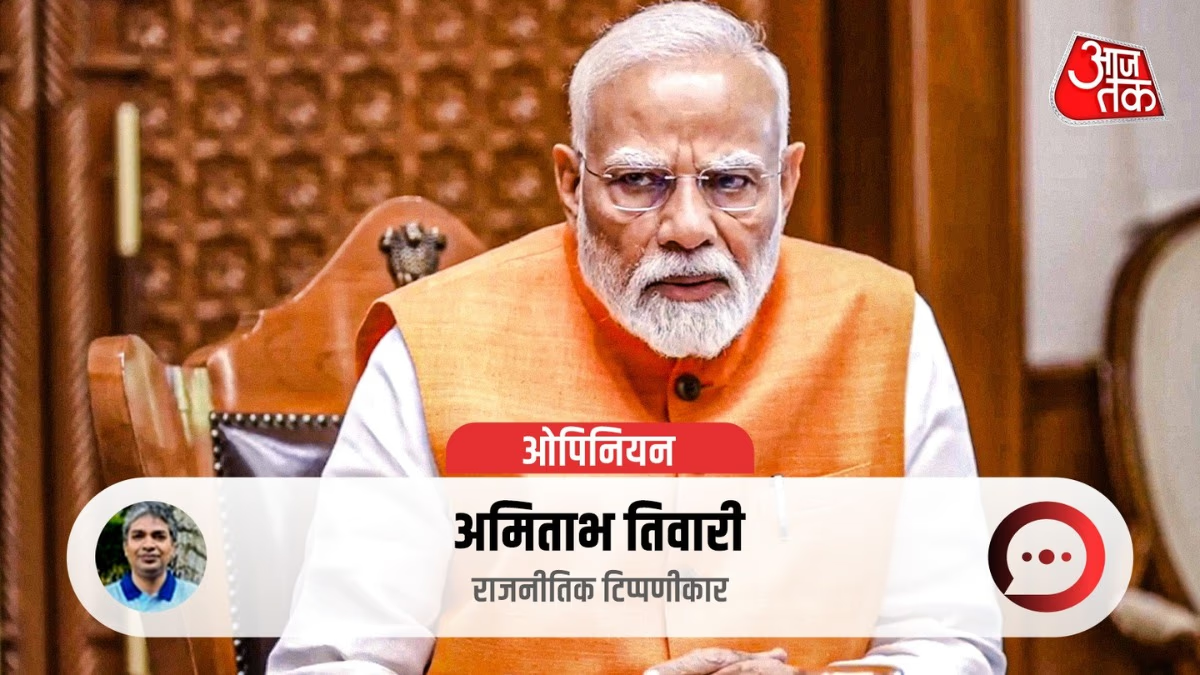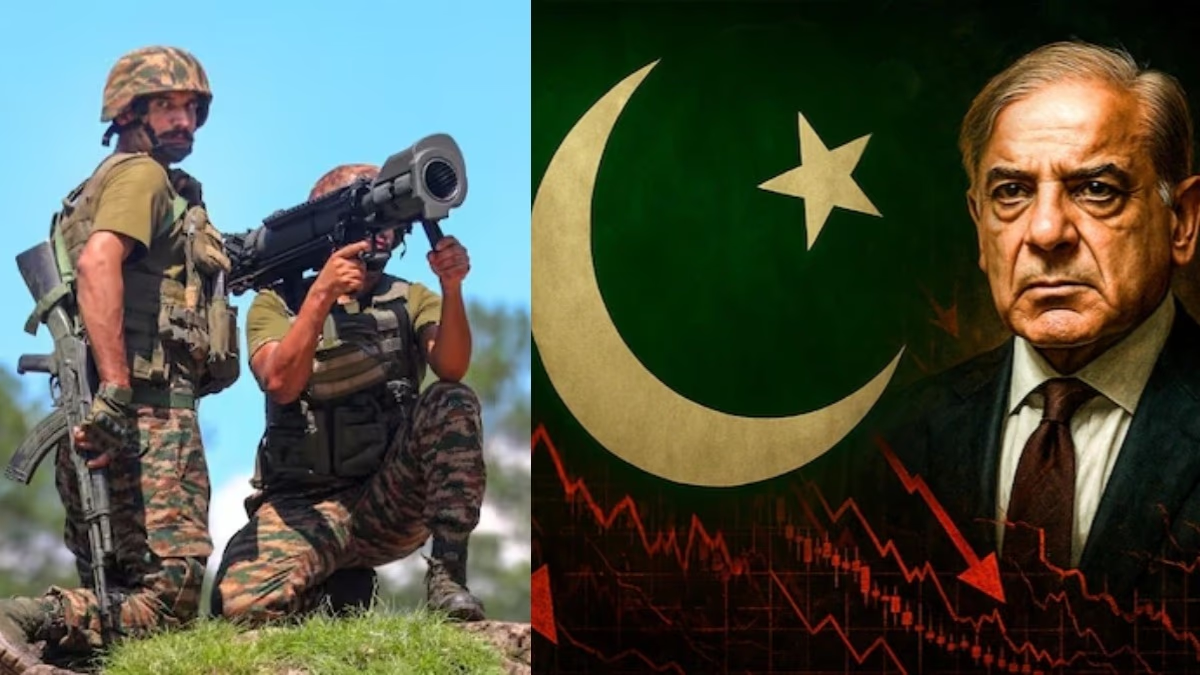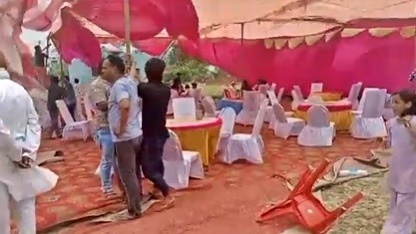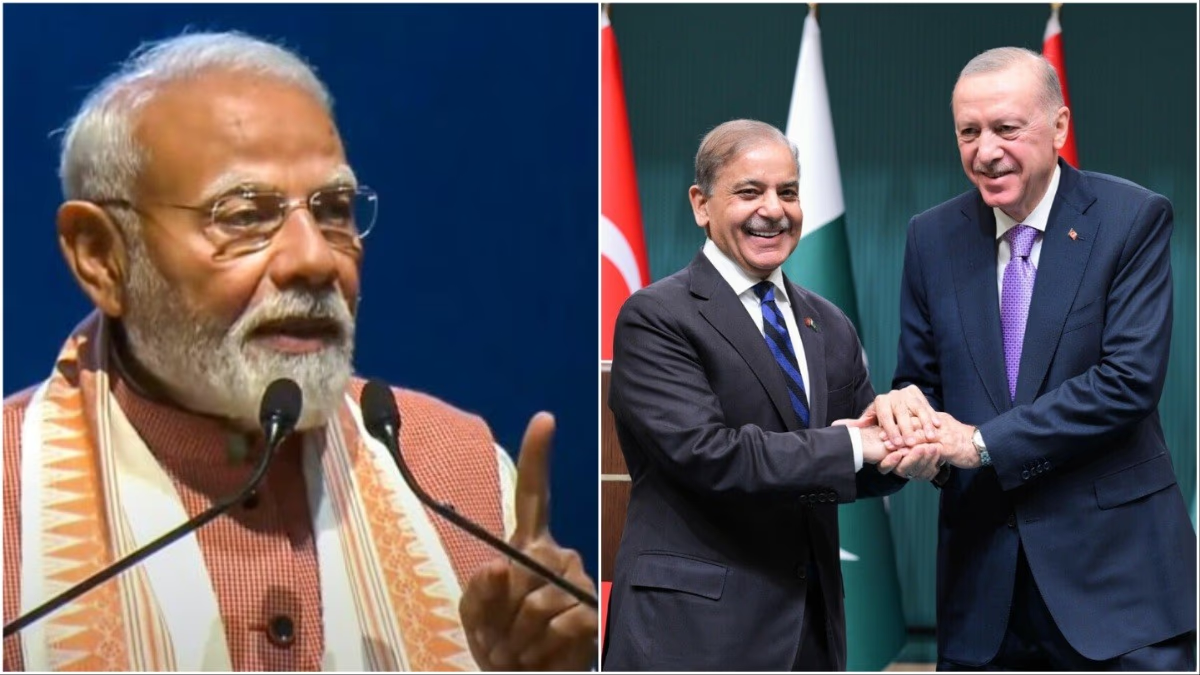The BJP-led central government surprised both the opposition and political analysts by announcing it would conduct a caste census. While Congress takes credit for this move, claiming that continued pressure from Rahul Gandhi forced BJP's hand, BJP supporters hail it as a masterstroke, arguing it has blunted the opposition's main electoral issue ahead of the Bihar assembly polls.
The Modi government's decision is certainly unexpected because BJP has long been indecisive about the caste census. With successful consolidation of the Hindu-majority vote bank underpinned by Hindutva and nationalism, it raises questions about what led a party like BJP, that once deemed caste census demands as divisive, to take a step back.
1. Pressure from Congress and the Politics of Social Justice
Congress promised a nationwide caste census if it came to power, fulfilling this pledge in two of the three states where it governs, showing that it is more than just lip service. Congress also vowed to pass a constitutional amendment to raise the Supreme Court-imposed 50% cap on reservations for SCs, STs, and other backward classes.
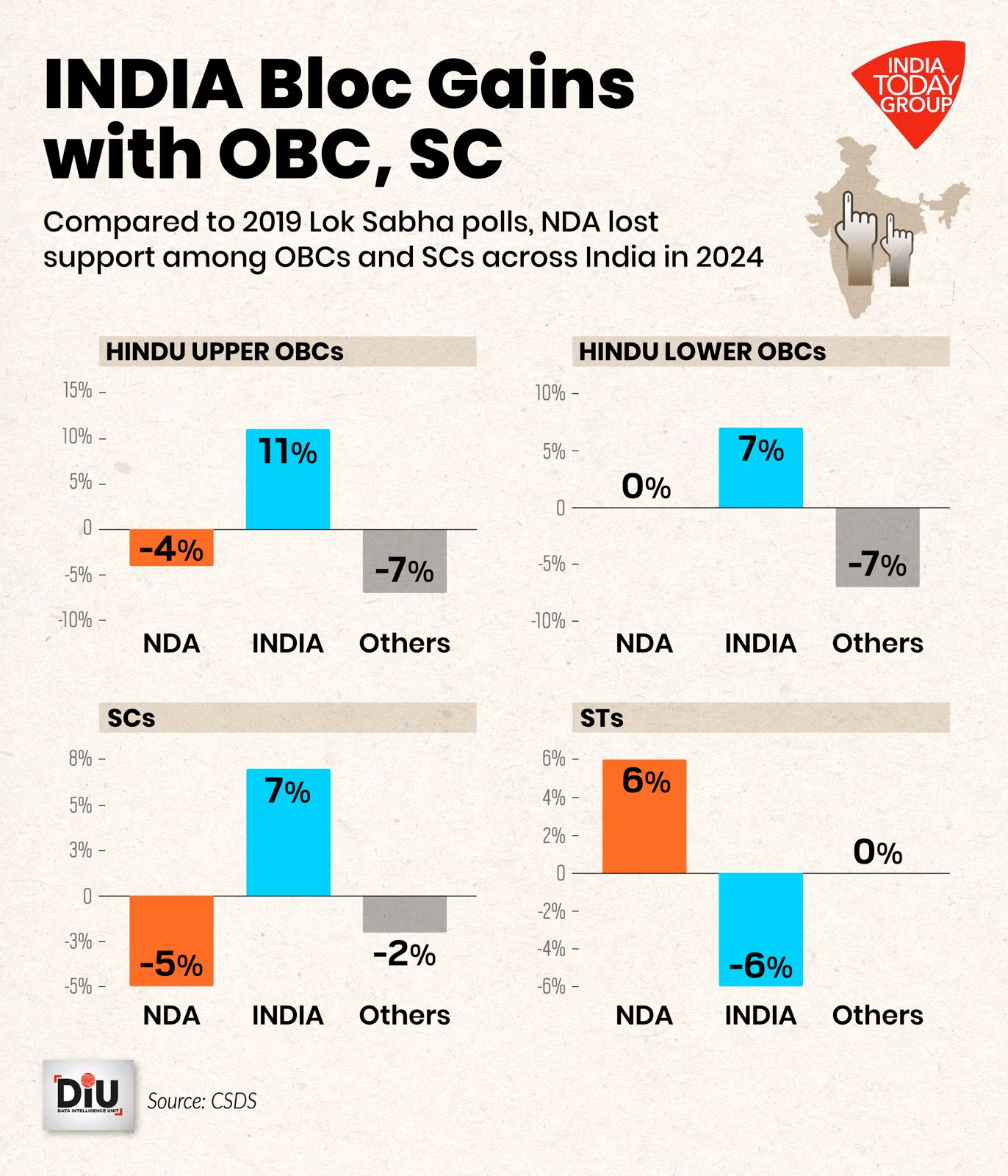
Source: aajtak
Currently, OBC reservations stand at 27%, and SC-ST groups receive nearly 100% reservations proportionate to their population, so increasing reservation limits could benefit OBCs. Congress hopes that by making social justice its central theme at the plenary session held in Gujarat, it can erode BJP's hold on the OBC vote bank. Congress has realized that without OBC support, it cannot stop BJP's winning streak in any upcoming election.
2) The Setback in 2024 Lok Sabha Elections
BJP has hesitated to conduct a caste census, having significantly strengthened the OBC backing, which doubled from 22% in 2009 to 44% in 2019. Several BJP leaders, including the Prime Minister and many chief ministers, hail from the OBC community. The party granted significant representation to OBC leaders through election tickets and roles in central and state cabinets, drawing OBC support away from Congress and regional parties.
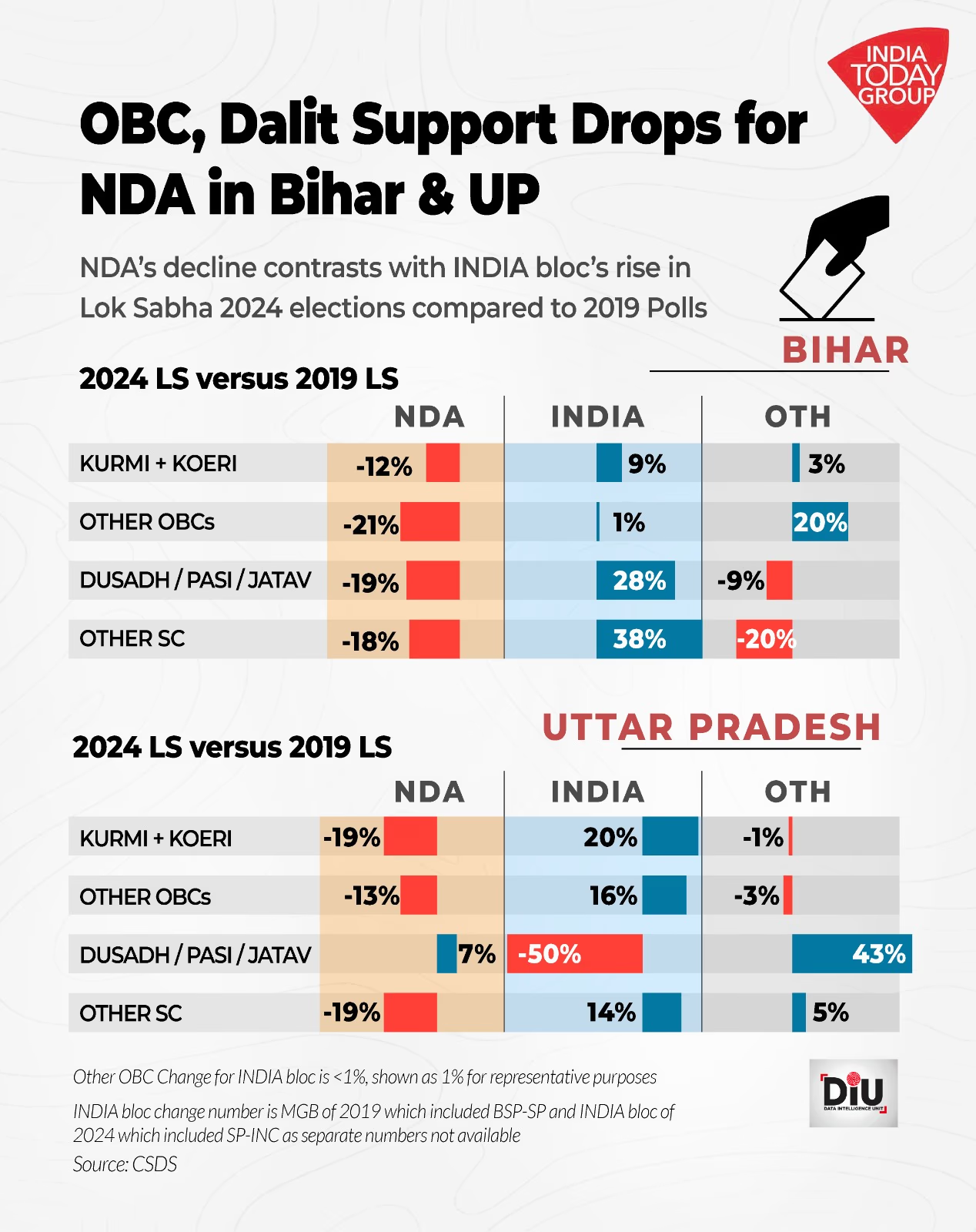
Source: aajtak
However, in the 2024 general elections, BJP underperformed expectations, falling short of a majority. Contrary to the pre-election slogan 'beyond 400,' NDA did not secure over 400 seats. According to CSDS data, NDA suffered a vote loss of 4% among upper OBCs and 7% among lower OBCs, while the opposing INDIA alliance gained 11% and 7%, respectively. Though this drop in numbers may appear marginal, its impact in the Hindi heartland is profound. In Bihar, where NDA won 30 of 40 seats, it still lost nine seats compared to 2019. A particular decline was noted with a 12% drop in Kurmi-Koeri community votes and a 24% drop in other backward caste votes. In contrast, the INDIA alliance gained over 9% and 1% in these segments, respectively. The situation was even more concerning in Uttar Pradesh, where NDA won only 36 out of 80 seats, a loss of 28 seats from 2019, attributed to Akhilesh Yadav's PDA (backward classes, Dalits, minorities) strategy, which countered the appeal of Hindutva. A decline of 19% in Kurmi-Koeri votes and 13% in other OBC votes spelled danger for NDA.
3) Spreading Waves of Bihar and UP Elections
Caste plays a significant role in Indian politics, with the 2018 Azim Premji University study indicating that 55% of voters prefer candidates from their caste. With another electoral battle in Bihar looming, given Nitish Kumar's ill health and a 20-year anti-incumbency wave, a tough contest is expected. The once unassailable BJP-led NDA alliance, praised for its capacity to forge social alliances, faces tough challenges from the opposition, focusing on caste calculus and trying to expand its vote bank beyond Muslims and Yadavs.
This is not a sudden turn of events. In the 2020 Bihar Assembly elections, with Nitish Kumar firmly seated in the NDA, the alliance had already lost 10% in OBC/EBC support while the grand alliance gained 7%. This election ended nearly evenly, with both alliances receiving roughly 37% of the votes, separated by fewer than 12,000 votes.
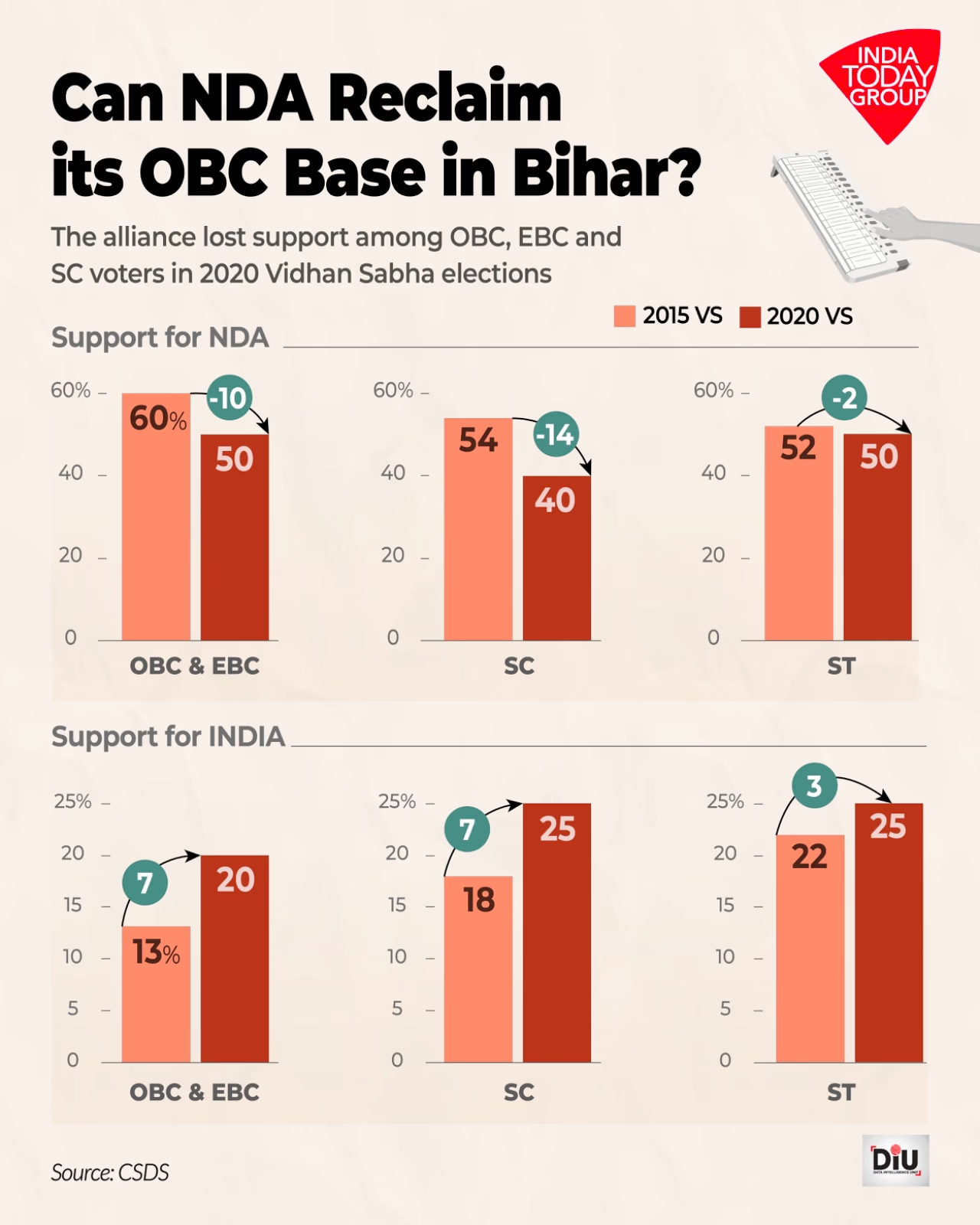
Source: aajtak
Nitish Kumar had already conducted a caste survey in Bihar, igniting a credit war between the grand alliance and the NDA, a sign of its political potency. The grand alliance took a further step by surpassing the Supreme Court's 50% limit on reservations. Nitish Kumar's government had previously increased the reservation limit in Bihar to 65%, which was eventually declared unconstitutional by the courts. Nevertheless, the political message was clear: the JDU leader understands the power of caste arithmetic in Bihar's complex social landscape. Meanwhile, the NDA continued to prevaricate on the issue.
In UP, where elections are due in 2027, BJP must dismantle Akhilesh Yadav's PDA formula. Although victorious in by-elections, BJP knows well that ruling parties often benefit from voter apathy. The Samajwadi Party outpaced BJP in capturing non-Jatav votes, standing at 56% vs 29%. If the Samajwadi Party breaches the Bahujan Samaj Party's Jatav vote bank (which amounts to a 13% vote share), it could spell significant trouble for the BJP.
The Risk for BJP
The BJP's move is perceived as a strategy to neutralize the opposition's main electoral issue. Reservation politics and demands for a caste census are deeply tied to social justice and identity, emotionally resonating with large swaths of the population. The BJP may have realized that ignoring caste questions poses potential political risks. Should the BJP take this lightly, it might lose political footing.
The new strategy may weaken BJP's long-running effort to consolidate Hindu votes under religious unity, risking a split along caste lines. Following a caste census, voters might revert to aligning their votes according to the caste of local candidates, dwindling Hindutva and nationalism's call. Such a scenario could cause concern for BJP.
This decision might also disappoint BJP's urban and middle-class voters, who might view it as a return to the Mandal era politics. In times when caste-less societal structures gain momentum, BJP’s step could appear as a retreat from its development and harmony agenda. Many see it as a comparable retreat like the BJP's approach to farm bills. The opposition has been playing on BJP's pitch for a while. Yet, the caste census issue offers an opportunity to draw BJP onto the opposition's grounds. Whether the opposition capitalizes on this opportunity fully to encircle BJP remains to be seen. Only time will tell.
